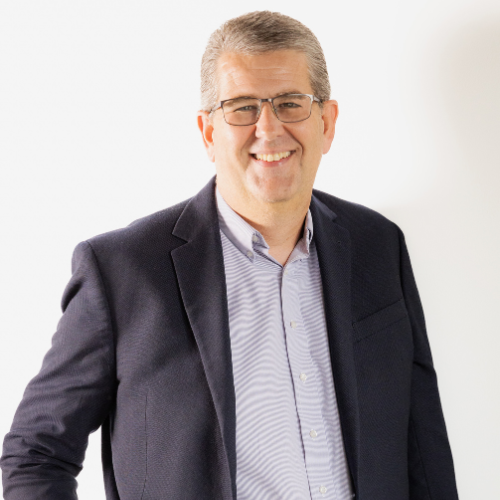What is Normal?
At this point, several months into the global COVID-19 pandemic and many weeks into social distancing and lockdown, we are all wearing thin. I know I am!
Many of us have lost friends or family to this virus. So many of the certainties of our daily lives have been upended. We’re witnessing some of the deepest economic devastation in generations. There is not a family, community, or church on planet earth that hasn’t been affected in some way. In this exhaustion, the conversation for many of us is shifting toward what comes next. We all just want to get back to normal!
Let me be clear—We should absolutely be taking every precaution to prevent the spread of the virus and keep people safe, but someday, the world will “re-open”. But what is “normal?” What are we eager to get back to? What opportunities do we have now to build systems and communities that are, in very real ways, healthier than they were before the crisis?
I recently had the opportunity to work through some of these questions in a short webinar with a group from Dallas trying to help Christians think through responses to the current crisis. You can watch my talk and Q&A here.
Economic growth has been, on the whole, a tremendous force for enabling billions of people to rise above crippling material poverty. I’m eager for the global economy to begin moving again, not just for myself, but because a crisis like this one hurts the poorest among us most.
But is that growth the whole story? As I shared in this talk and in the recent books I wrote with my friend Kelly Kapic (Becoming Whole and A Field Guide to Becoming Whole), we need a better story for our economic lives. We need a story that takes into account all that we are created by God to be—not just consumers pursuing economic prosperity, but people created in His image who flourish when we experience healthy relationships with God, self, others, and the rest of creation.
This crisis seems uniquely crafted to show us just how important each of these relationships are right now, especially as so many are suffering from loneliness and isolation (relationship with others), and a lack of meaningful work (relationship with creation). We’re realizing just how embodied and interconnected we are. In some ways, though, increased isolation and disconnection is where we were headed to begin with! Up until now, we’ve been able to at least try to deaden the pain of our brokenness with material consumption.
In spite of the pain and suffering, we’ve been given one big pause to reflect on our global economy, and what kind of people it is forming us to be. My prayer is that we’ll have an opportunity to rebuild an economy more consistent with a biblical vision of human flourishing, rooted in relationship, mutual responsibility, care for one another, and community. I don’t even know fully what that looks like, because I’ve only experienced the kinds of economies we’ve created so far, but I want to find out! I know for sure that we are made for so much more than “rugged individualism” or self-centered materialism.
So that’s where I am right now. I’m trying to pause and pray and ask God to show me what I need to be learning right now, and what things about everything that has changed might need to be preserved as we cautiously come out of quarantine. Maybe we can live more like a people who serve the Lord of the Sabbath—the God who provides for His people and calls us into His rest—and less like servants of the god of neverending consumption.



Here in India we are having conversations to initiate an aggressive strategy to alleviate poverty. We have been working in this area since the last ten years and have seen some fruits and proven examples. Now question for us is how to see multiplication of some proven examples and also want to explore what are new ways of helping communities address this issue. Part of challenge is huge population in India and high poverty rate. We need help.